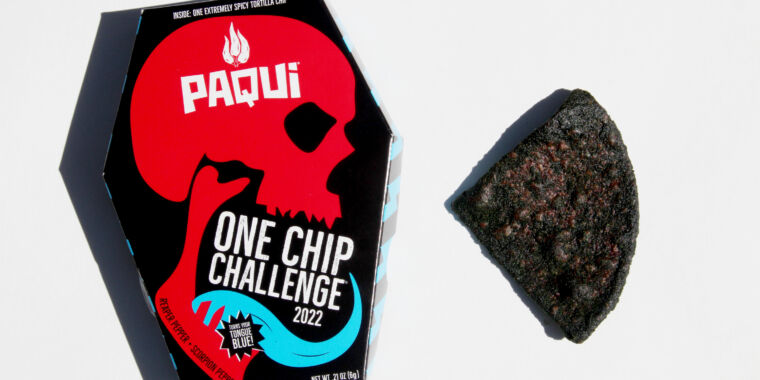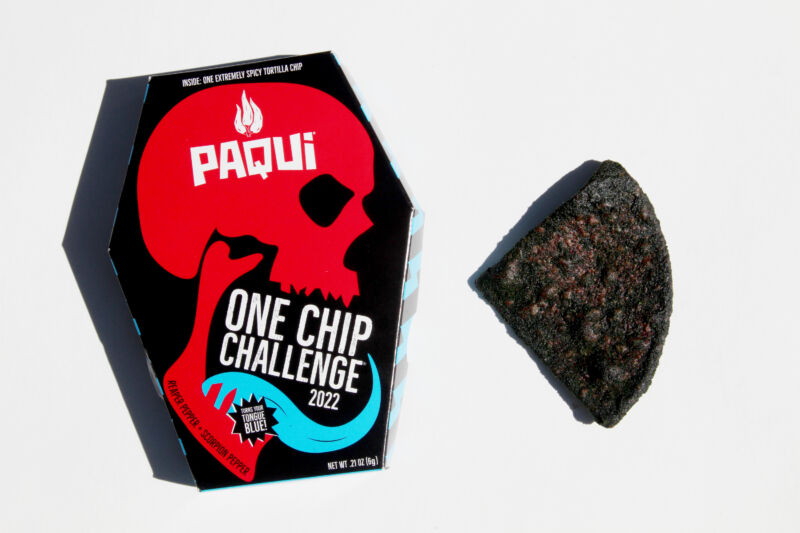Child dies of horrifying measles complication in Los Angeles
A child in Los Angeles has died of a measles-related brain disorder stemming from an infection in infancy, the Los Angeles County health department reported Thursday.
Specifically, the child died of subacute sclerosing panencephalitis (SSPE), a rare but always fatal complication that strikes years after an initial measles infection. The health department’s announcement offered few details about the child, including the child’s age, but said that the child had contracted the virus before they were old enough to be vaccinated against measles. The first of two recommended doses of measles, mumps, and rubella (MMR) vaccine is given between 12 and 15 months.
“This case is a painful reminder of how dangerous measles can be, especially for our most vulnerable community members,” Muntu Davis, a Los Angeles County health officer, said in a statement. “Infants too young to be vaccinated rely on all of us to help protect them through community immunity. Vaccination is not just about protecting yourself—it’s about protecting your family, your neighbors, and especially children who are too young to be vaccinated.”
SSPE is caused by a persistent measles infection in the central nervous system. Children infected with the virus may go through the standard disease progression—flu-like symptoms, high fever, the telltale rash—and then appear to fully recover. But, for a small few, the virus remains, and SSPE emerges years later, often seven to 10 years after the initial infection.
The Los Angeles health department noted that SSPE generally affects about 1 in 10,000 people with measles, but the risk may be much higher—about 1 in 600—for those who get measles as infants, such as the child who recently died.
With widespread vaccination, which led to measles being declared eliminated from the US in 2000, SSPE has virtually disappeared in the US. However, with vaccination rates slipping and anti-vaccine misinformation and views gripping the country, health experts fear seeing more of these devastating cases. Already, the US measles case count for the year is at a 33-year high, and two other children, as well as an adult, died from the acute infection this year.
Child dies of horrifying measles complication in Los Angeles Read More »












